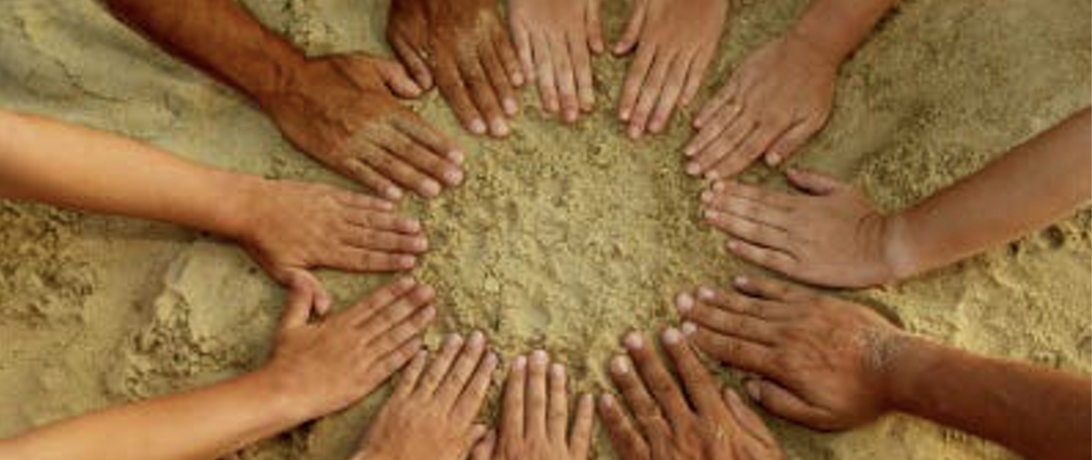
A hallmark of the contemporary international system is the complexity of problems facing actors today. Yet creative facilitators can build bridges between a wide array of actors to address these most difficult challenges. Multi-stakeholder collaboration is a complex process often necessarily involving parties with highly divergent interests and individuals with little to no collaborative experience.
Key Findings
This report simplifies the complexity of collaboration by exploring five essential elements: Purpose, People, Place, Process, and Practice.
PURPOSE: MSC enables stakeholders to think, feel, and act together in innovative ways that allows new possibilities for the future to unfold.
PEOPLE: The MSC enterprise weaves together the stakeholders’ different perspectives and capacities to generate new possibilities in support of superordinate goals.
PLACE: Venues must generate a sense of belonging and promote a relaxed environment. Facilitators can acknowledge the diversity of voices in a MSC forum and articulate that everyone belongs there.
PROCESS: Facilitators should work closely with stakeholders to discuss the root causes driving challenges; shared stakeholder interests; and what is needed to move the issue forward.
PRACTICE: MSC skills aren’t just conceptual understandings, but performance skills learned though practice. Stakeholders learn how to embody collaborative behavior so that it becomes second nature.